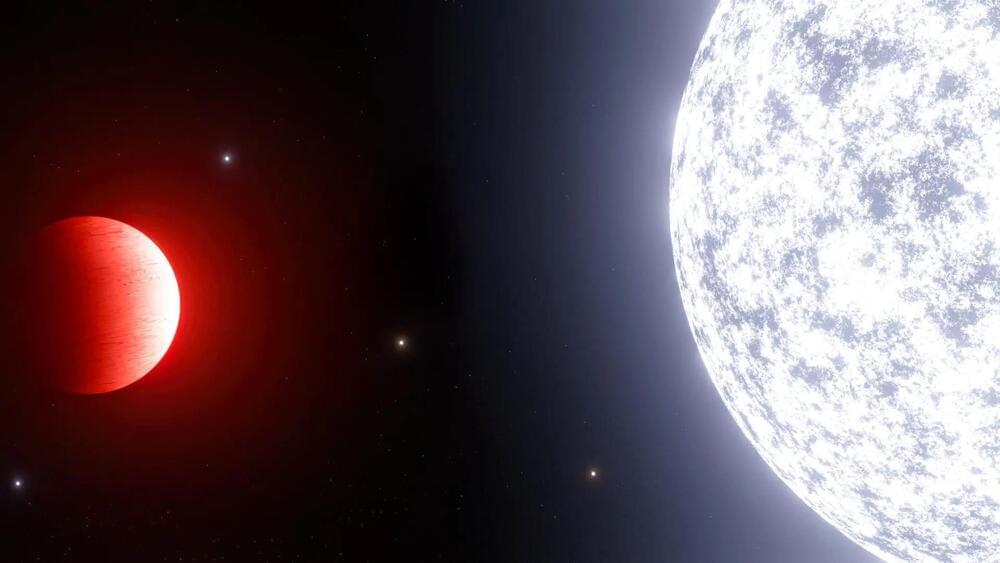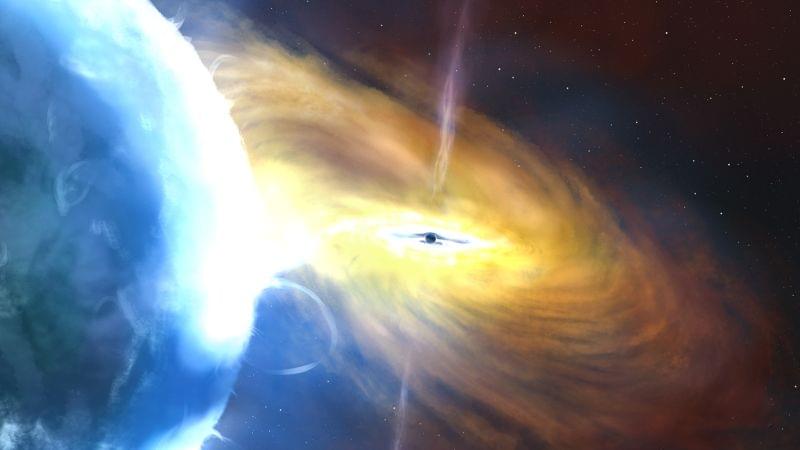May 15, 2023
Galaxy’s Hottest Exoplanet: Alien Atmosphere Holds Rare Terbium Surprise
Posted by Quinn Sena in categories: space, sustainability
😗
The rare metal terbium has been found in an exoplanet.
An exoplanet (or extrasolar planet) is a planet that is located outside our Solar System, orbiting around a star other than the Sun. The first suspected scientific detection of an exoplanet occurred in 1988, with the first confirmation of detection coming in 1992.
Continue reading “Galaxy’s Hottest Exoplanet: Alien Atmosphere Holds Rare Terbium Surprise” »


















